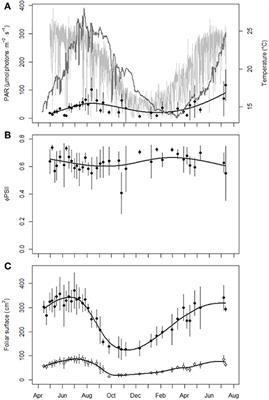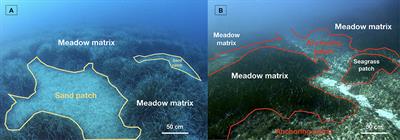EDITORIAL
Published on 29 May 2020
Editorial: Structure, Functioning and Conservation of Coastal Vegetated Wetlands
doi 10.3389/fevo.2020.00134
- 1,821 views
- 4 citations
19k
Total downloads
120k
Total views and downloads
EDITORIAL
Published on 29 May 2020
ORIGINAL RESEARCH
Published on 31 Jan 2020

METHODS
Published on 21 Aug 2019

ORIGINAL RESEARCH
Published on 26 Jun 2019

ORIGINAL RESEARCH
Published on 31 May 2019

ORIGINAL RESEARCH
Published on 10 May 2019

ORIGINAL RESEARCH
Published on 08 May 2019

REVIEW
Published on 18 Apr 2019

ORIGINAL RESEARCH
Published on 10 Apr 2019

ORIGINAL RESEARCH
Published on 15 Mar 2019

ORIGINAL RESEARCH
Published on 14 Mar 2019

ORIGINAL RESEARCH
Published on 19 Feb 2019

